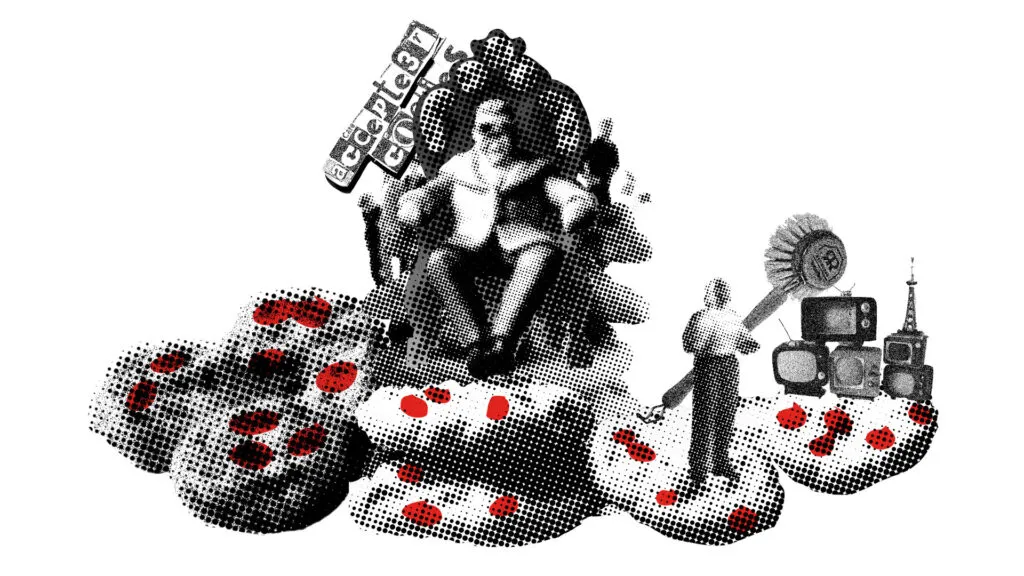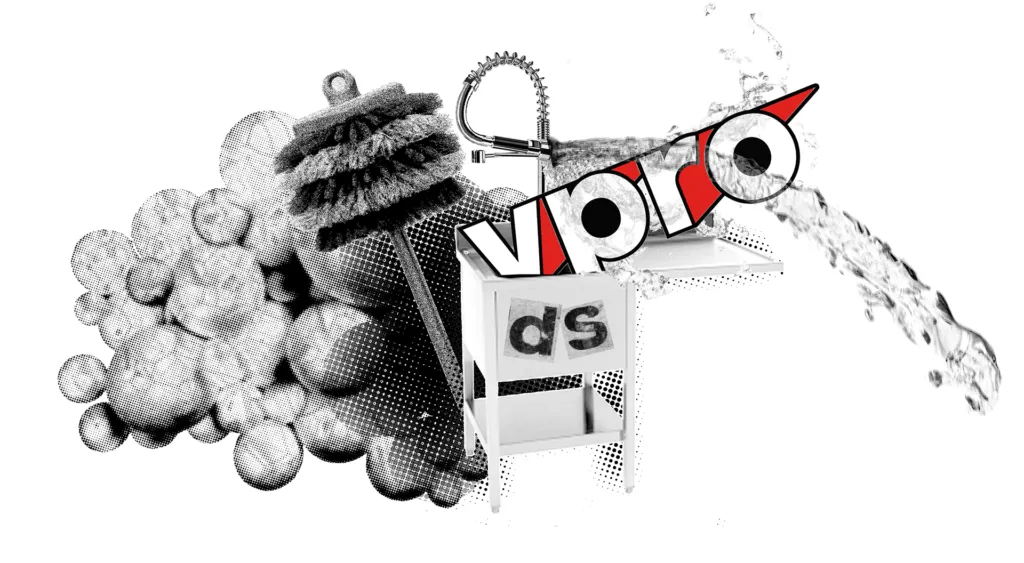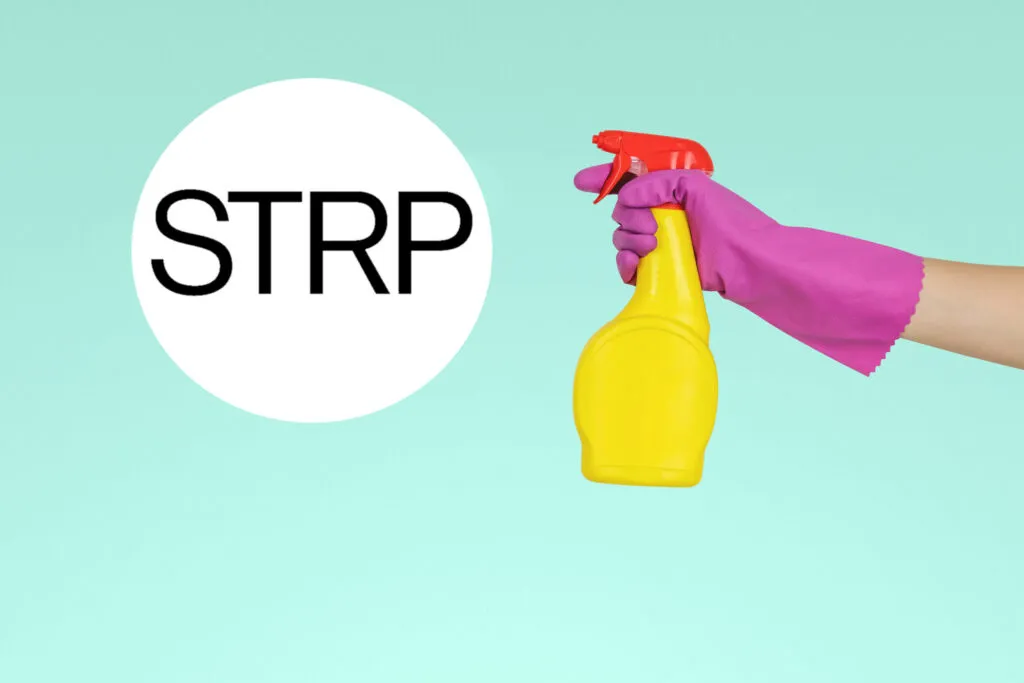In our Librecast project, funded by the European Cultural Foundation, we showcase a series of Pan-European case studies about sovereign media distribution, away from big tech. We highlight these examples and try and learn from them, as we desperately need more sovereignty in our media systems to ensure a well-functioning democratic media landscape.
This time we spoke with Wilko van Iperen, who works for BNNVARA, a public broadcasting organisation in the Netherlands. We learn from the organisation’s experience with ‘The Digital Powerwash‘. The methodology behind ‘The Digital Powerwash’ allows organizations to examine and improve the digital tools they use. PublicSpaces created ‘The Digital Powerwash’ as part of our strategy to transition to a public values driven internet.
“BNNVARA places great importance on binding people to the organisation. To this end, for example, it is important to also be able to create a profile. Evidently you would want to do this in an honest and transparent way, with a user’s full consent”. As Wilko points out, “We don’t want users to become a commodity, we find it very important that users have control over their own data.
In recent years, awareness grew at BNNVARA around the design of the digital world, the inadequacy of Big Tech and the possibility of deploying alternative digital technologies. Over the years, employees became more mindful of user privacy. A few years ago, for instance, BNNVARA had websites on which it was also possible to post a comment via Facebook. Now it doesn’t. “We realised that by agreeing to Facebook’s data mining, we were in fact serving such a tech giant. This runs the risk of compromising the user’s interests while you are mainly serving the interests of big tech companies,” Wilko states. After some time BNNVARA decided to apply ‘The Digital Powerwash’ methodology, to further commit to public values online.
“The Digital Powerwash” experience
BNNVARA has been a partner of PublicSpaces from the very beginning. Wilko was part of the board of PS until last summer and was quite involved with the development of ‘The Digital Powerwash’.
BNNVARA has applied ‘The Digital Powerwash’ twice, on two different tools: the first time was two years ago on Akamai and Prepr, the second time was last month on Ternair and iFunds. Wilko was personally involved in both processes.
Akamai is a tool BNNVARA uses to create and manage accounts. Prepr is a CMS which also includes an algorithm. TERNAIR is a marketing campaign tool and iFunds is a database for customer loyalty. The scores of these tools can be found in Dutch at https://spoelkeuken.publicspaces.net/organisation/BNNVARA.
”The Powerwash forces you to truly re-evaluate your digital infrastructure,” Wilko points out.
Yet, doing the Powerwash rigorously is quite challenging, as many questions can be interpreted in different ways. Context matters a lot as well. There is a risk the Powerwash says more about the way you use a digital tool as an organisation than about the actual tools themselves. As Wilko emphasises: “We noted that our answers to the Powerwash questions were really related to the way we applied the software programs within the context of our work. Quite often technologies have certain built-in features that you are not really aware of as a user. The Powerwash made us way more aware about these characteristics. It made us a more informed user of our digital products.”
Currently there is no prioritisation of any of the criteria evaluated with ‘The Digital Powerwash’. Wilko raises the idea to change this and allow for some criteria of the tool to weigh more than others. He points out they were quite surprised that many commercial software tools were actually scoring relatively okay. However, when looking into this, they found out that many were scoring quite bad on ’transparency’, while having better outcomes on other evaluation criteria. You could have a debate about which criteria you deem as more important than others, to make the tool more representative of what you actually want to measure.
Wilko also thinks that the Powerwash would be significantly improved if in the future there was a section with specific questions on how to apply a particular digital tool as a user. This would help to decrease subjectivity. Of course, it would also help if more and more organisations implemented ‘The Digital Powerwash’. (editor’s note: in fact in spring 2023 the new version of the Powerwash questionnair is published with a lot improvements based on partner feedback like from BNNVARA, see here in Dutch).
In the future, ‘The Digital Powerwash’ could be used by organisations as an objective evaluation test to “wash” certain digital products and make more informed decisions about how to organise your digital infrastructure. PublicSpaces could function as an online platform where organisations could go for such consultation processes.
Looking at the future of our digital domain
As Wilko puts it, “the Powerwash forces you to become more critical and comprehensive about what you expect and demand from the digital technologies you work with.” He emphasises that BNNVARA has certainly gone the extra mile to be as open as possible about the impact of their digital behavior to their online visitors and users of their products . ”Just giving a pop-up with the request to accept the terms and conditions is not enough. Who actually reads those things? We think the responsibility for data protection lies with the organisation. You can’t simply put the responsibility on citizens, you have to create active awareness of the consequences of clicking ‘accept’ for cookies etc.’
Wilko admits that he finds it quite difficult to believe in a digital future without Big Tech, or better yet a digital word with only “non-evil tools,” as he calls them. ”I think it’s a losing battle to try to compete with these corporate tech giants. They already have too much power and resources.” Instead of trying to completely replace these existing technologies with alternatives, Wilko suggests that mechanisms are needed to critically assess the role of Big Tech, and we should demand more from these private digital companies. Furthermore, we need to be more vigilant as public institutions to ensure user-centricity, openness and accountability, instead of getting caught in Big Tech’s current business model.
Many thanks to Winne van Woerden (Commons Network) for contributing to the project & working with us, as well as our talented illustrator Julia Veldman C. for creating the image above.




